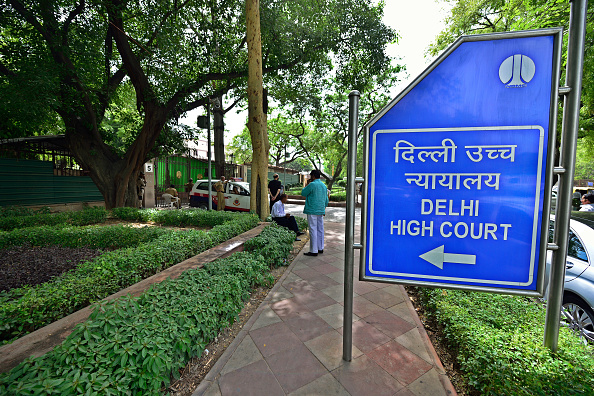The Delhi High Court has overturned a previous order that upheld the Central Information Commission’s (CIC) directive to the Telecom Regulatory Authority of India (TRAI) to gather and disclose information regarding the alleged surveillance of a mobile user’s phone under the Right to Information (RTI) proceedings.
A bench, led by Justice Vibhu Bakhru, accepted an appeal filed by TRAI against the decision of a single-judge bench.
The court asserted that surveillance actions are carried out under government directives in the interest of the nation’s sovereignty, integrity, security, friendly relations with foreign states, public order, or to prevent the commission of an offense. Such actions are exempted from disclosure under the RTI Act.
The bench, including Justice Amit Mahajan, emphasised that orders related to phone interception, tapping, or tracking are issued by the government when authorized officers deem it necessary for the country’s well-being.
The court expressed concern that revealing such information could hinder investigations and potentially harm the sovereignty, integrity, security, and strategic interests of India, as well as its relations with other nations.
The court clarified that phone tapping does not fall within the purview of telecom service providers, and the requested information does not pertain to TRAI’s functions as defined by the law. Allowing TRAI unbridled power to demand information could interfere with the functions of telecom service providers, contradicting the objectives of the TRAI Act.
The court highlighted that TRAI was established to regulate telecom services, safeguard the interests of service providers and consumers, and ensure the orderly growth of the telecom sector. It reiterated that information, under the RTI Act, includes data related to any private body that can be accessed by a public authority under existing laws.
The high court had previously stayed the single-judge order in August 2021, citing the potential for irreparable damage if not done.
The case originated when lawyer Kabir Shankar Bose filed an RTI application seeking information about potential phone tapping. TRAI argued that it couldn’t collate such information, as directions for phone interception are issued exclusively by certain government officials.
Bose had approached the CIC after Vodafone, his telecom service provider, refused his request for information, claiming it was not covered by the RTI Act. TRAI also stated it lacked the requested information. The CIC, in a September 12, 2018, order, directed TRAI to obtain the information from the telecom company and provide it to Bose. TRAI contested this in the high court, where the single judge upheld the CIC’s decision, asserting TRAI’s authority to request information from private bodies and furnish it to subscribers.
(With PTI inputs)
